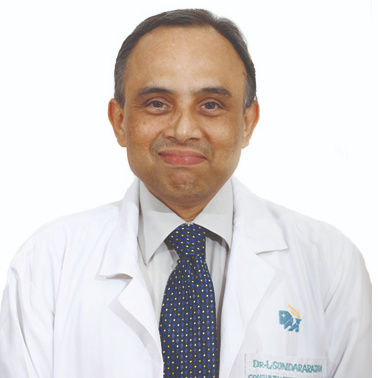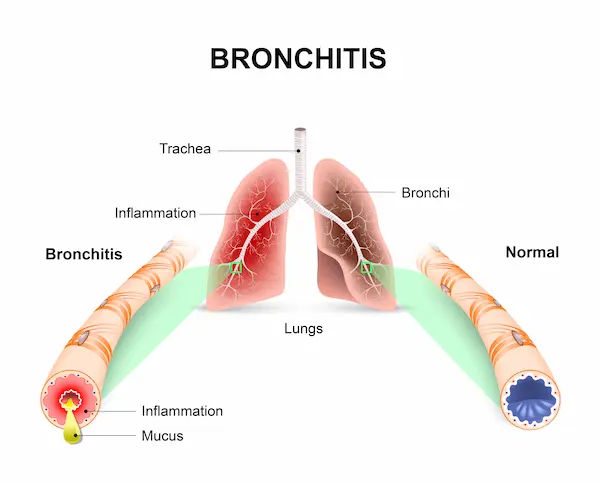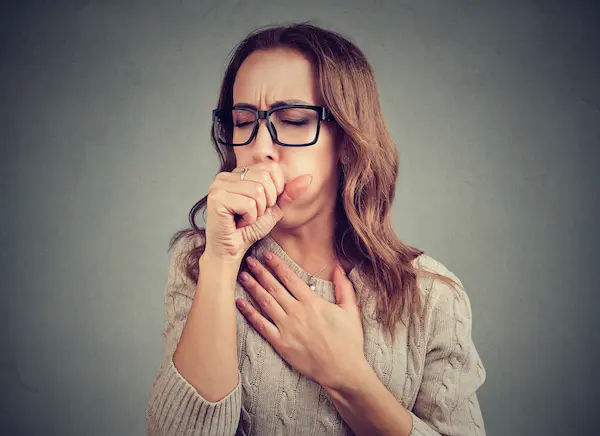Acute Bronchitis Symptoms, Causes, and Treatment
Learn about acute bronchitis, its symptoms, causes, and how it differs from chronic bronchitis. Discover effective treatment options and self-care tips for faster recovery.


Acute bronchitis is a common respiratory condition that affects millions of people every year. If you’ve ever had a persistent cough that just won’t go away, you might have experienced acute bronchitis. While it can be uncomfortable, the good news is that it usually resolves on its own with proper care.
In this article, we’ll break down everything you need to know about acute bronchitis, its symptoms, causes, treatment options, and simple ways to manage it at home.
What is Acute Bronchitis?
Acute bronchitis is the inflammation of the bronchial tubes (the airways that carry air to your lungs). This inflammation leads to swelling and increased mucus production, causing coughing and sometimes difficulty in breathing.
Unlike chronic bronchitis (a long-term condition often linked to smoking), acute bronchitis is temporary and usually lasts for a few weeks. It’s most commonly caused by viral infections, similar to those that cause the common cold or flu.
Consult a Top Pulmonologist
Symptoms of Acute Bronchitis
The most common symptoms include:
- Persistent cough (often with mucus, clear, white, yellow, or green)
- Chest discomfort or tightness
- Mild fever and chills
- Fatigue
- Shortness of breath (especially after coughing)
- Wheezing (a whistling sound while breathing)
These symptoms usually appear after a cold or flu and can last for 1 to 3 weeks.
What Causes Acute Bronchitis?
Most cases (about 90%) are caused by viruses, such as:
- Rhinovirus (common cold virus)
- Influenza (flu virus)
- Respiratory syncytial virus (RSV)
Other possible causes include:
- Bacterial infections (less common)
- Irritants like smoke, dust, or air pollution
- Acid reflux (GERD)—stomach acid irritating the airways
Who is at Risk?
Certain factors increase the risk of developing acute bronchitis:
- Smokers or exposure to secondhand smoke
- People with weak immune systems
- Those with asthma or allergies
- Elderly adults and young children
How is Acute Bronchitis Diagnosed?
Doctors usually diagnose acute bronchitis based on:
- Symptoms (cough, mucus production, recent cold/flu)
- Physical examination (listening to the lungs with a stethoscope)
In rare cases, if symptoms are severe or prolonged, your doctor may recommend:
- Chest X-ray (to rule out pneumonia)
- Sputum test (to check for bacterial infection)
Get Your Health Assessed
Treatment for Acute Bronchitis
Since most cases are viral, antibiotics don’t help (they only work against bacteria). Instead, treatment focuses on relieving symptoms and helping your body recover naturally.
1. Home Remedies & Self-Care
- Stay hydrated – Drink warm water, herbal teas, or broth to loosen mucus.
- Rest – Your body needs energy to fight the infection.
- Humidify the air – A humidifier or steam inhalation can ease coughing.
- Honey & warm liquids – Honey soothes the throat (avoid for children under 1 year).
- Over-the-counter (OTC) medicines – Pain relievers (like paracetamol) or cough syrups (for dry coughs only).
2. When to See a Doctor
Most cases improve on their own, but consult a doctor if:
- Your cough lasts more than 3 weeks
- You have a high fever (above 100.4°F or 38°C)
- You cough up blood or have severe shortness of breath
- You have underlying lung disease (like asthma or COPD)
3. Medical Treatments (if needed)
- Bronchodilators (for wheezing, if asthma-like symptoms are present)
- Cough suppressants (only if the cough is dry and keeps you awake)
- Antibiotics (only if a bacterial infection is confirmed)
Preventing Acute Bronchitis
You can reduce your risk by:
- Washing hands frequently (to avoid viral infections)
- Avoiding smoking & secondhand smoke
- Getting a flu vaccine (since flu can lead to bronchitis)
- Wearing a mask in polluted or dusty environments
When to Seek Emergency Care
Rarely, acute bronchitis can lead to complications like pneumonia. Seek immediate medical help if you experience:
- Severe difficulty breathing
- Bluish lips or nails (sign of low oxygen)
- Confusion or extreme fatigue
Final Thoughts
Acute bronchitis is a common respiratory condition that usually develops from a viral infection and often resolves on its own with proper rest, hydration, and symptom management. While it typically improves within a few weeks, it's important to monitor symptoms and seek medical attention if they worsen or persist.
Consult a Top Pulmonologist
Consult a Top Pulmonologist

Dr Harshitha Degapoodi
Pulmonology Respiratory Medicine Specialist
1 Years • MBBS , MD Pulmonary Medicine .
Hyderabad
Apollo Hospitals D R D O kanchanbagh, Hyderabad

Dr. Khushboo Saxena
Pulmonology Respiratory Medicine Specialist
10 Years • MBBS,DNB(Pul. Med), FCCP(USA), FSM(ISDA), MNAMS
Bhopal
Apollo Sage Hospitals, Bhopal

Dr Shubham Agarwal
Pulmonology Respiratory Medicine Specialist
4 Years • MBBS (Gold Medal) MD, DM (Pulmonary, Critical Care and Sleep Medicine), DNB (Medicine) , MRCP (UK), EDARM,
Lucknow
Apollomedics Super Speciality Hospital, Lucknow

Dr. Nikhil Modi
Pulmonology Respiratory Medicine Specialist
15 Years • MBBS, MD, FCCP, EDARM, IDCCM
Delhi
Apollo Hospitals Indraprastha, Delhi
(225+ Patients)

Dr. Sundararajan L
Pulmonology Respiratory Medicine Specialist
20 Years • MD, MRCP
Chennai
Apollo Hospitals Greams Road, Chennai
(175+ Patients)
Consult a Top Pulmonologist

Dr Harshitha Degapoodi
Pulmonology Respiratory Medicine Specialist
1 Years • MBBS , MD Pulmonary Medicine .
Hyderabad
Apollo Hospitals D R D O kanchanbagh, Hyderabad

Dr. Khushboo Saxena
Pulmonology Respiratory Medicine Specialist
10 Years • MBBS,DNB(Pul. Med), FCCP(USA), FSM(ISDA), MNAMS
Bhopal
Apollo Sage Hospitals, Bhopal

Dr Shubham Agarwal
Pulmonology Respiratory Medicine Specialist
4 Years • MBBS (Gold Medal) MD, DM (Pulmonary, Critical Care and Sleep Medicine), DNB (Medicine) , MRCP (UK), EDARM,
Lucknow
Apollomedics Super Speciality Hospital, Lucknow

Dr. Nikhil Modi
Pulmonology Respiratory Medicine Specialist
15 Years • MBBS, MD, FCCP, EDARM, IDCCM
Delhi
Apollo Hospitals Indraprastha, Delhi
(225+ Patients)

Dr. Sundararajan L
Pulmonology Respiratory Medicine Specialist
20 Years • MD, MRCP
Chennai
Apollo Hospitals Greams Road, Chennai
(175+ Patients)





